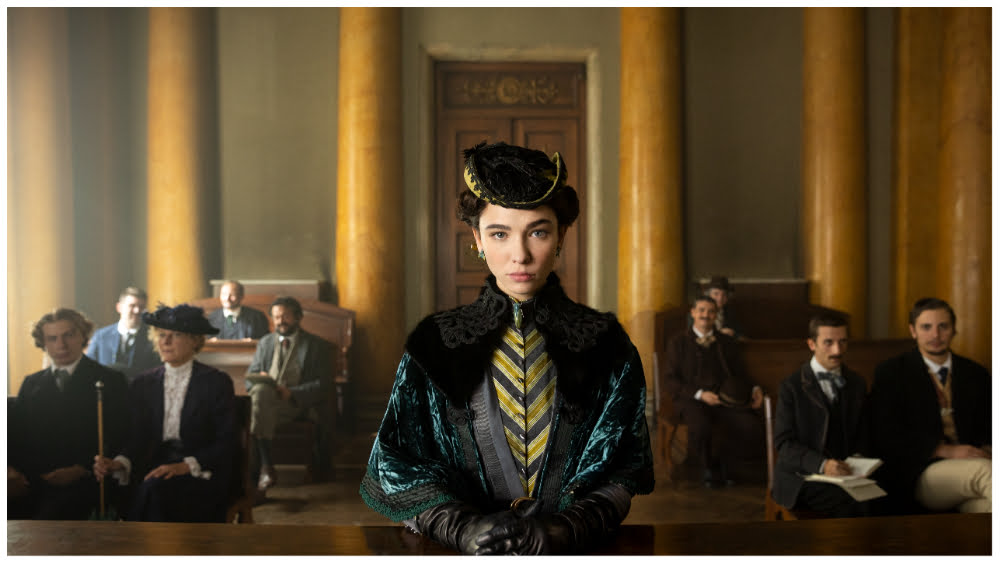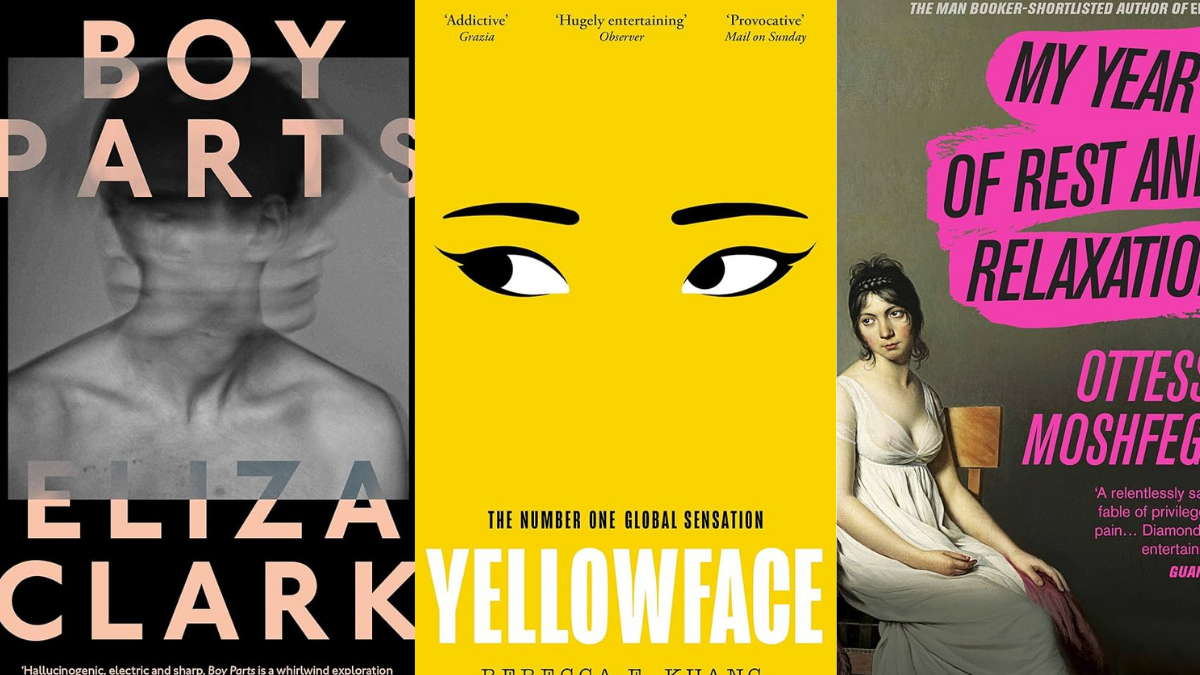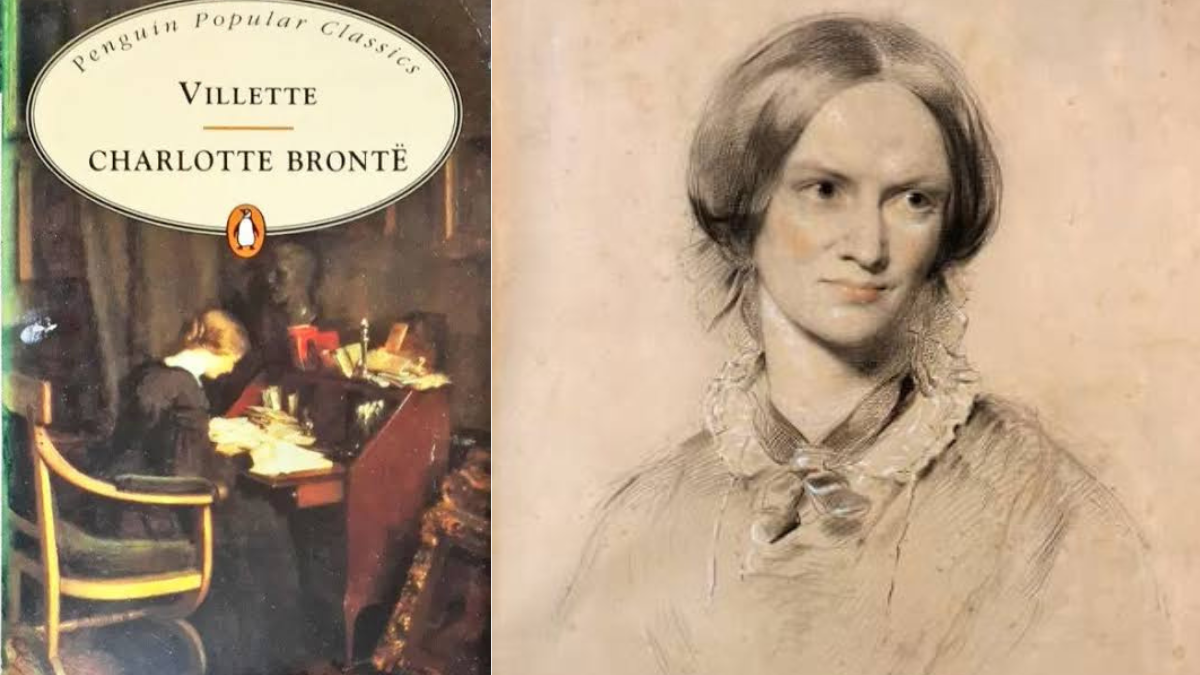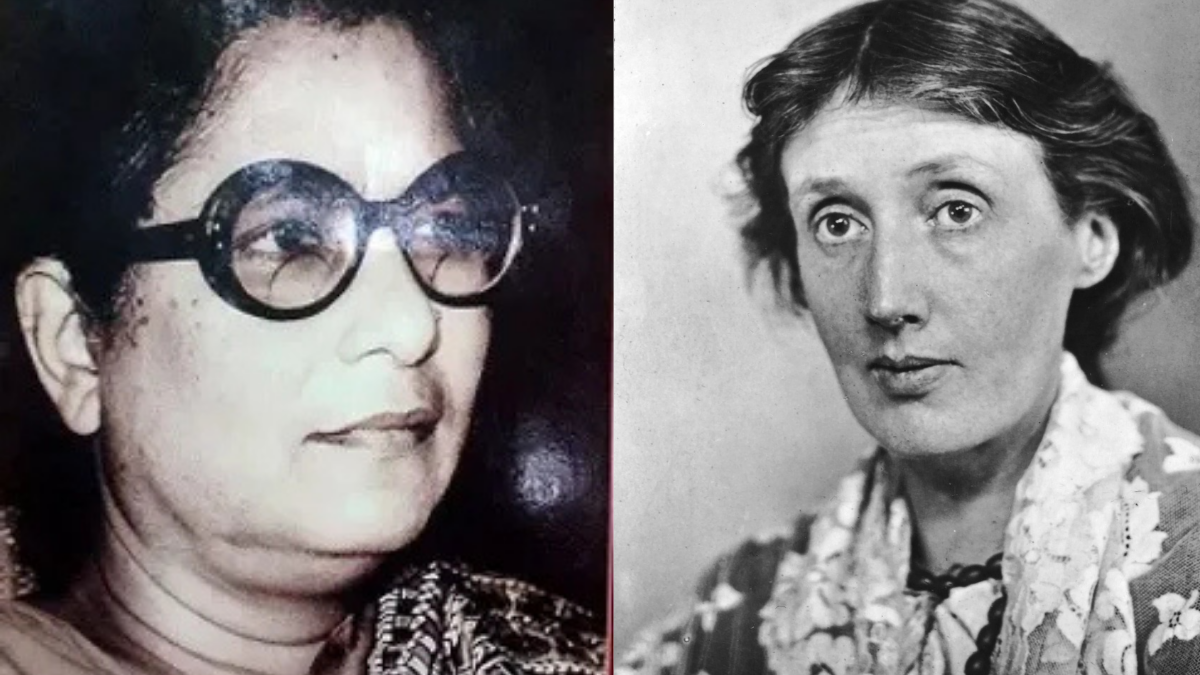A saga of crime and detection, early 19th-century dress gowns, a self-assured female protagonist, family drama and passionate romances. The Law According to Lidia Poët delivers a true story, fashioned according to the demands of the modern audience.
However, despite the consideration of modern demands in marketing and story themes, the show conveniently ignores the incorporation of the current discourse of privilege in framing the story of Lidia Poët.
The six-episode series follows the story of Lidia Pöet, a young woman belonging to a family of advocates with a penchant for law. The show depicts her struggle to get recognised as a woman aiming to enter the male-dominated field of law at a time when such an occupation was considered inappropriate for women. Each episode deals with a different case picked up by Lidia, all tied together by her larger struggle to make a place for herself in the field of law when the Bar had forbidden her to practice.
Also Read: Enola Holmes 2: The Feisty, Female Sleuth Is Back
The show’s pursuit of depicting the righteous struggle of a woman fighting for her rights explores the various ways in which Lidia’s ingenuity in solving cases is often starkly different from the men who pursue law but is very effective. Moreover, it also explores Lidia’s conception of the legal system and whether it was accommodative of women and other minorities.
Placing Lidia Poët in context
Lidia’s interest in the field of law is birthed and nurtured by the lineage of law practised in her family. The show provides frequent flashbacks into Lidia’s past and her complicated relationship with her parents. At a young age, she was encouraged to help with housework and other lady-like activities while her brother was encouraged to pursue law. She was admonished for reading or engaging with law literature.
Such an environment at her home reached its height when her father insisted on her marriage at a young age to a suitor Lidia Poët was not interested in. This drove Lidia Poët out of her home but provided her with an opportunity to become a law graduate and live a life without constraints.
Lidia’s heroism is based on her class privilege. Moreover, it is important to note that these opportunities and transgressions are only available to Lidia because she belongs to a family established in the field of law.
However, frequent money problems took her back to her paternal house, now inhabited by her brother, his wife and their daughter. Even after being restricted by the Bar from practising law ‘as the weaker sex,‘ Lidia finds a way to assist her brother in legal practice and even takes on cases under his name.
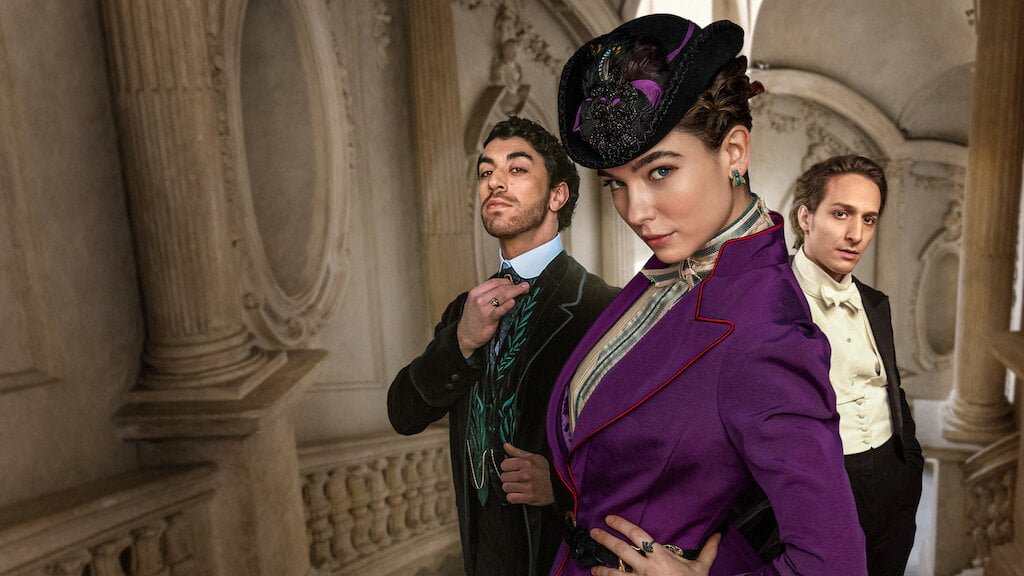
Most of the cases that the Poët siblings pursue belong to people from the margins. These are poorer individuals, overworked factory labourers, women, prostitutes and politically marginalised who are being framed by more powerful individuals. As Lidia navigates these cases, she is also engaged in detection and investigation. She finds herself in places that someone from her class would never be found in.
There are several shots of Lidia Pöet in dark alleyways, among prostitutes, wading through unhygienic vermin-ridden jails which are used to highlight her bold nature. These shots are only effective in showcasing Lidia’s fearlessness because her well-dressed and proper self is in stark contrast to these spaces. Lidia’s heroism is based on her class privilege.
Moreover, it is important to note that these opportunities and transgressions are only available to Lidia Pöet because she belongs to a family established in the field of law. Lidia is seen riding a bike, wearing pants and going into government buildings. These are highly unconventional practices for women but Lidia is cushioned from major critiques by virtue of status.
Lidia’s struggle as Italy’s first female lawyer was uncontestably a powerful and difficult one. However, as the defence lawyer for women and other marginalised communities who belonged to much worse socio-economic conditions, she was often placed in positions of a ‘rescuer‘ and her actions were seen as benevolent.
While it is true that such privileges would historically only be available to richer women, it is also imperative for filmmakers and show producers to be cognisant of the light that such historic figures are placed in. Many new shows and films like Bridgerton, Persuasion, Little Women (2019) Etc are beginning to leave behind arguments of ‘historical accuracy’ to tell stories that afford representation and space to ideas prevalent today. This comes at a time when the function of media is being questioned and its role in shaping conversations today is being acknowledged and foregrounded.
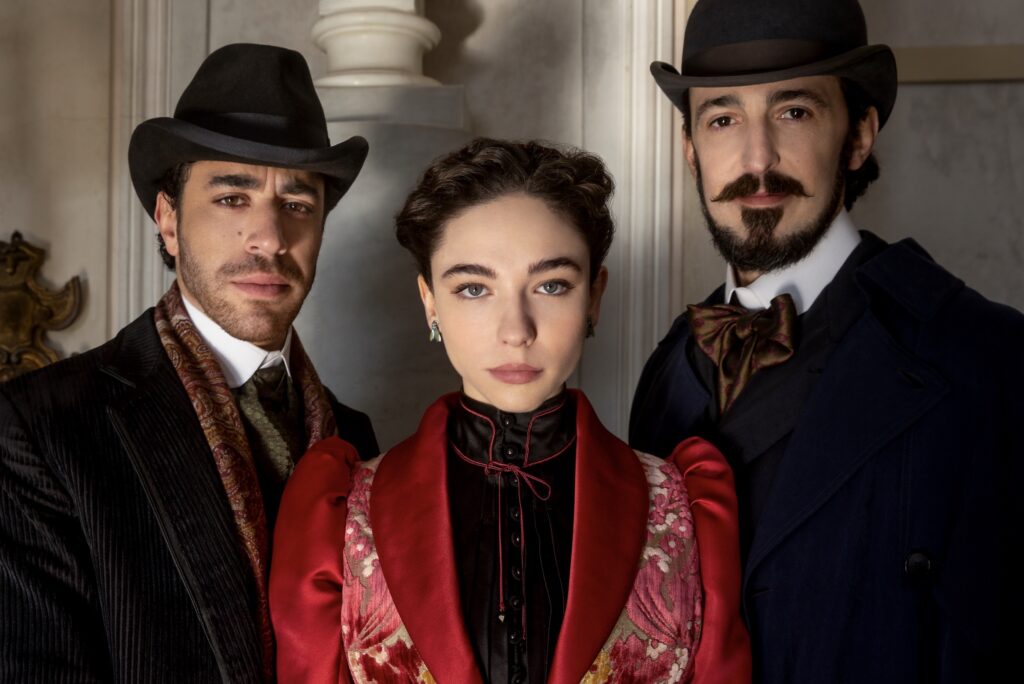
Lidia’s struggle as Italy’s first female lawyer was uncontestably a powerful and difficult one. However, as the defence lawyer for women and other marginalised communities who belonged to much worse socio-economic conditions, she was often placed in positions of a ‘rescuer‘ and her actions were seen as benevolent.
Also Read: Why Do We Watch Bridgerton Despite Its Flaws?
This narrative not only presupposes that these communities needed saving but also that Lidia’s one-time interventions in wriggling the individual out of a court punishment were the end to their problems.
Lidia Pöet questions the institution of law and asks whether a system that doesn’t even allow women to practice can be equitable for all. However, the same institutional critique is not offered to other systems. In fact, their oppressions are explained away as fallacies only for Lidia’s heroic nature and struggle to be elevated as she saves these individuals. Sharing the story of one victory does not need to de-emphasise the trials of another.
Law in Lidia’s world
Lidia Pöet questions the institutional framework of law but she also practices law differently. The show perhaps succeeds in flagging how Lidia’s interventions are not only unique but also needed and empowering.
Unlike her male counterparts, Lidia doesn’t make assumptions. Her unique social position allows her to challenge some of the unquestioned biases that operate in male-centric judicial processes and do not allow correct dispensation of justice.
For instance, when a woman who was a chemistry graduate was arrested for poisoning her professor on a flimsy premise, Lidia asks questions such as “Wouldn’t all other professors also have access to the poison?” She exposes the gender bias that operates in judicial processes and the need for a different lens.
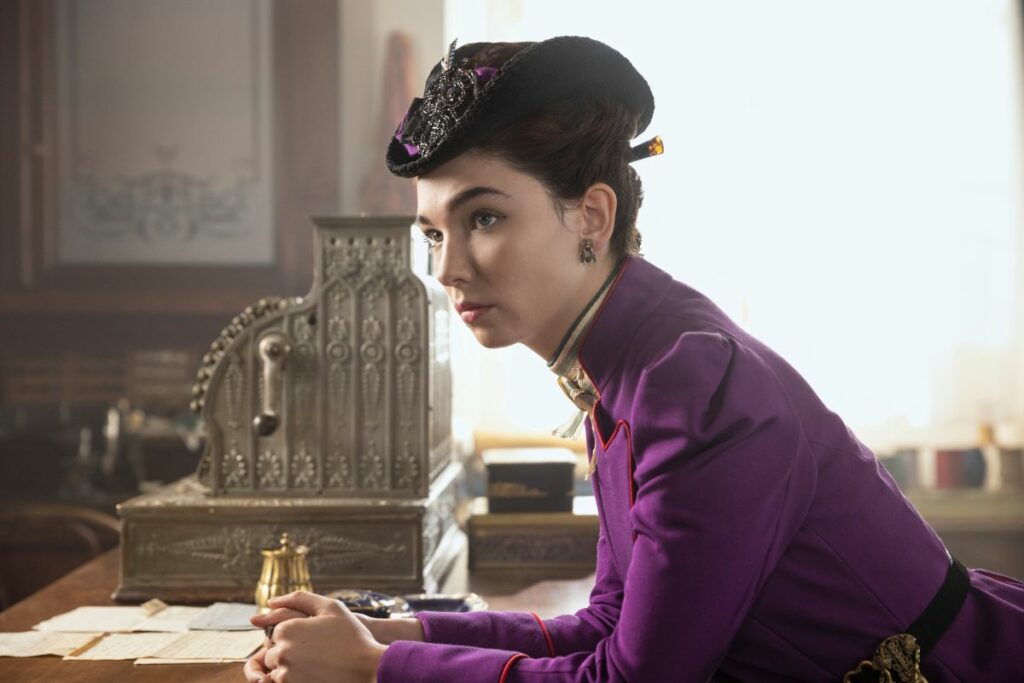
Similarly, when a woman who is a factory worker is framed for the murder of her female employer, Lidia takes up her case. She is able to prise out and find proof for the fact that her client couldn’t have committed the murder because she was in a clandestine romantic relationship with her employer. Instead, she finds the real culprit. Once again Lidia’s intervention points out that her client was wrongly accused because she was an anarchist and a factory worker.
Lidia finds nuances that others miss simply by virtue of her own experiences as a woman. In fact, Lidia’s perspective, and ways of seeing the world are so powerful that they are able to empower other people as well. It suggests that justice is not blind and there is a need for more marginalised communities and fresh lenses pursuing law to avoid profiling and ensure justice.
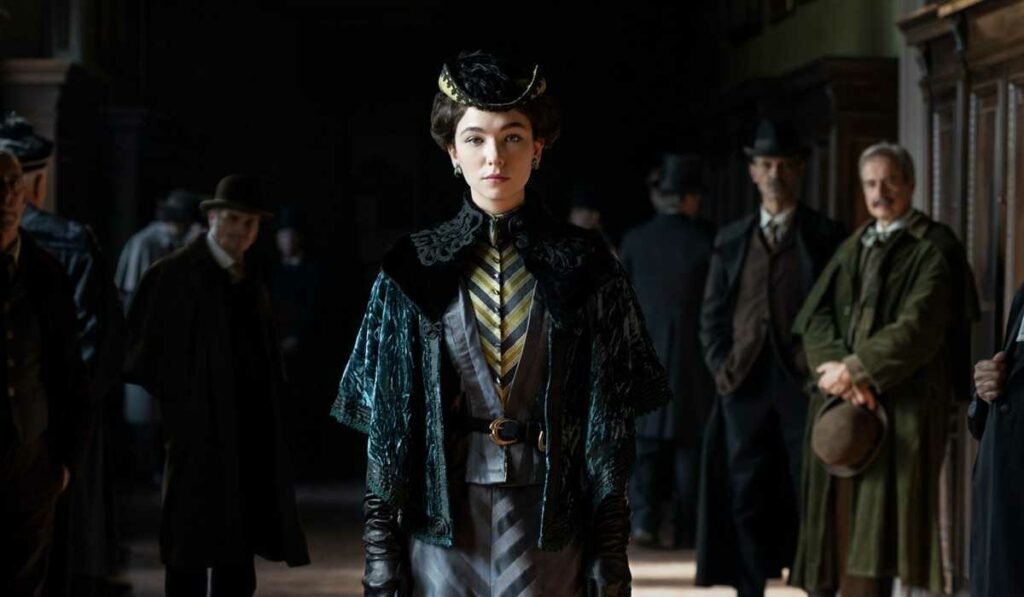
Lidia Pöet is also very informed about new practices in the world of law. Nascent forms of fingerprint detection technology were just beginning to emerge when Lidia began practising law. Her request for gathering evidence in accordance with newer, more accurate technologies is dismissed. Consequently, the poor and marginalised that she was most often defending were wrongly accused.
Also Read: Medici Review: Netflix Series Depicts The Status & Survival Of Early Renaissance Women
Overall, the show comes close to providing basic critiques of institutions while also keeping the story engaging and dramatic but fails to bring those ideas to fruition. Regardless, the story sheds much-needed light upon the life of a historic figure whose work isn’t as well documented or highlighted. The entertaining nature of the story promises to popularise Lidia’s character in contemporary times.
About the author(s)
Sakshi (she/they) is a student pursuing History at St. Stephen's College, Delhi University. They are interested in issues of gender, sexuality, education and culture. They love game nights, a good film and a sleeping in.
